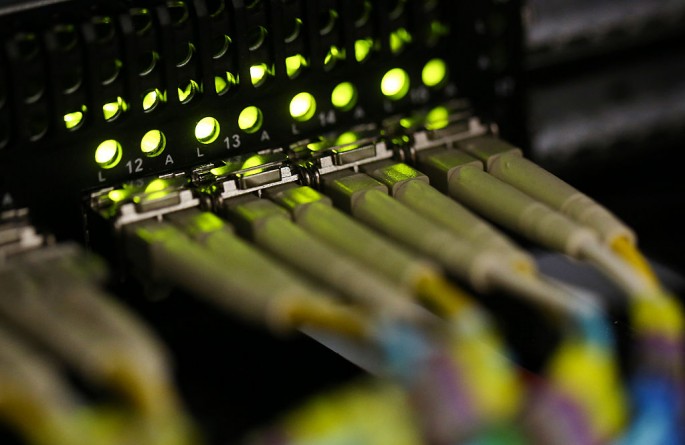New methods of gleaning information from big data could bring to the fore important economic data and shed light on the doubts that have been clouding official Chinese government statistics for many years.
One great example is the location data that Baidu gets from its users. This data can be used to track consumer responses to events such as the release of a new smartphone or a new service. Better still, the company has even created its own economic indexes that may paint a more complete picture of the Chinese economy.
While it is true that similar data has been available in many developed countries for some time, this is especially significant because data from official Chinese government sources has been called into question by members of the international community.
According to a study published by the National Bureau of Economic Research, an American non-profit research organization, the actual unemployment rate in the years 2002-09 could have been double the official figures given.
Fortunately, the government response has been positive so far. Another one of the new indices called the New Economy Index was even praised by Chinese Premier Li Keqiang, who called it entrepreneurial.
For now, the best purpose these indices serve is as a supplement to official statistics.
"There's a risk of using these methods in policy decisions before we have a complete understanding of their accuracy," said Joshua Blumenstock, assistant professor at UC Berkley's School of information. He added that they could provide "quick and dirty measurements when official data don't exist."
Still, the importance of such consumer information can only grow over time.
As China shifts from a growth-oriented investment-driven economy, there's little doubt that big data will be a major factor in ushering in a consumer-driven economy that will bring sustainable growth in the following years and beyond.




























